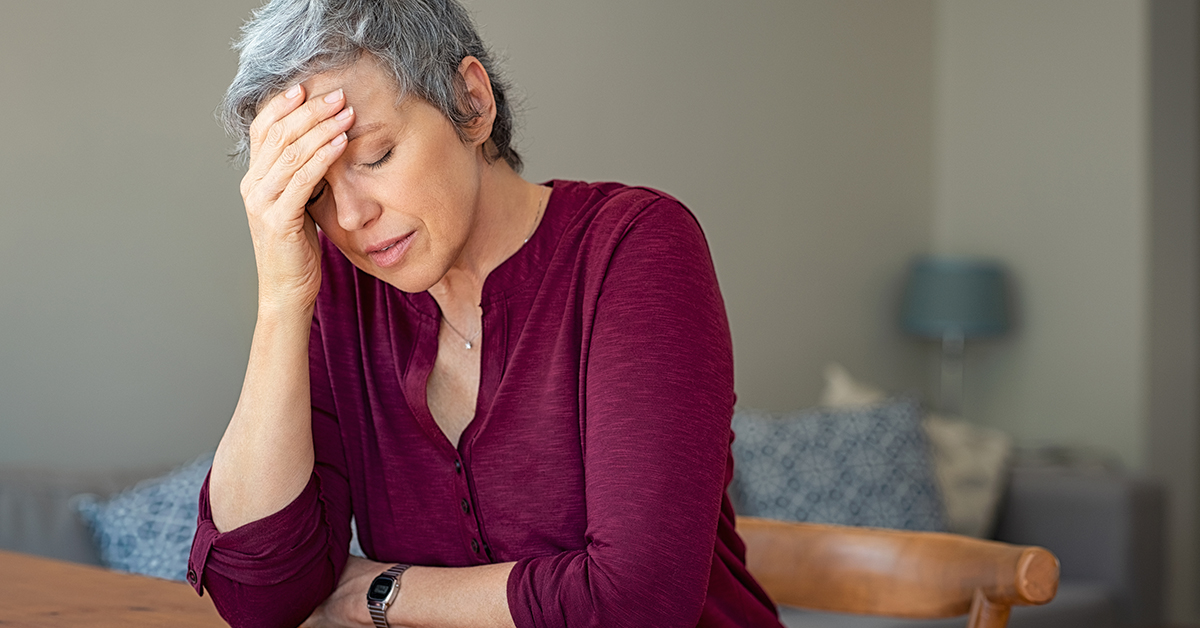
Coping With Cancer and Chronic Pain
-
You might not know it, but chronic pain is one of the most common long-term effects of cancer treatment, occurring in about 1 in 3 cancer survivors.
“Patients are living longer with cancer because it has, for many, become a chronic illness. But they may also be living with pain related to their cancer,” explained Marcin Chwistek, MD, FAAHPM, Director of the Pain and Palliative Care Program at Fox Chase.
Those who are considered cancer-free may also experience pain from past treatments. And as more patients with cancer live longer and as the cancer treatments become more effective, ironically the number of those who experience chronic pain will likely increase.
The good news is that chronic pain is almost always manageable. The key is sharing how you feel with your care team, who can offer the most effective treatment options for your symptoms.
What causes cancer-related pain?
Chronic pain can be a side effect of cancer treatment.
Surgery may damage nerves or lead to the formation of painful scar tissue, while chemotherapy can lead to peripheral neuropathy—numbness or pain in the fingers and toes. And radiation therapy has the potential to cause pain to areas of the body where the treatment was targeted, sometimes triggering pain years after treatment ends.
But pain can also come from cancer itself. Often the pain stems from tumors, which can grow or spread and put pressure on nearby nerves or cause tissues or organs to stretch.
It’s also possible for cancer patients to experience pain from things like arthritis, lower back issues, or migraines. Pain from these problems is usually unrelated to your cancer, but your cancer care team can still help you cope, although you may also need help from other specialists (e.g., neurologists or interventional pain physicians).
Managing chronic cancer pain
The first step in relieving pain is to tell your oncologist how you’re feeling, including how your pain affects your ability to function.
“Talking about your symptoms is crucial,” Chwistek said. The more your care team knows, the better equipped they are to help.
Many patients whose cancer is causing chronic pain benefit from pain-reducing medications. Prescription opioids are still often the most effective treatment, and your care team can guide you on how to use them safely. For mild to moderate pain, nonopioid painkillers, such as ibuprofen, can be another choice. Antidepressants or other medications might be prescribed for nerve pain. Nerve-block injections, which are placed into the painful area to block pain signals, may be an option as well.
Other tools can serve as a powerful complement to pain medications.
“You don’t want to rely on medications alone,” Chwistek said. “There’s a lot that can be done with structured exercise, physical modalities, massage, and gait training.”
Relaxation techniques, such as deep breathing or meditation, acupuncture, hot or cold compresses, and even distraction techniques, can make a difference too.
Finally, it’s important to keep in mind that chronic pain can’t always be completely eliminated.
“The goal is to improve a patient’s function,” Chwistek explained. Your care team can work with you to form a plan that helps you do more of your daily activities with as little discomfort as possible.
